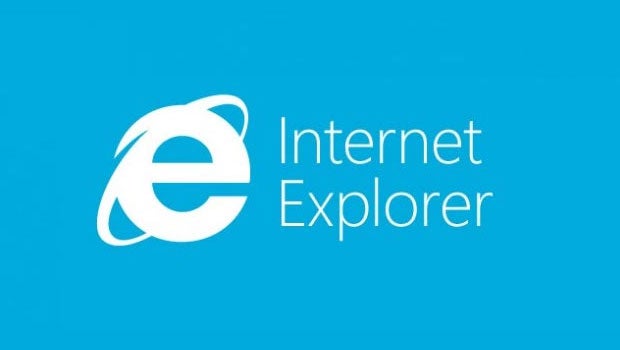Internet Explorer now officially a “legacy” browser

Microsoft has officially dubbed its famed Internet Explorer web browser a “legacy” technology.
After announcing that it was working on a brand new web browser at its Windows 10 launch event on January 21, Microsoft has proceeded to confirm that Internet Explorer’s days are numbered.
Project Spartan is the future of web browsing on Microsoft platforms, but the date of IE’s death appears to have been brought forward.
While Microsoft previously confirmed that Windows 10 would ship with two web browsers – Project Spartan and Internet Explorer – it’s now been made clear that Internet Explorer belongs to the past.
Kyle Pflug, program manager of Project Spartan, has taken to the official IE blog to outline the company’s current thinking. On it, he illustrates that all versions of Internet Explorer now come under the “Legacy support” category.
Back in January, it was intended that both Project Spartan and Internet Explorer would run on Microsoft’s new rendering engine. However, that’s now changed.
“Project Spartan will host our new engine exclusively,” reveals Pflug. “Internet Explorer 11 will remain fundamentally unchanged from Windows 8.1, continuing to host the legacy engine exclusively.”
Related: Internet Explorer for Windows 10: 5 Things Microsoft needs to get right
“Project Spartan is our future: it is the default browser for all Windows 10 customers,” says Pflug.
The new web browser standard will incorporate features such as web page annotation, distraction-free reading, and Cortana integration.
It seems as if Internet Explorer has just been consigned to history.


